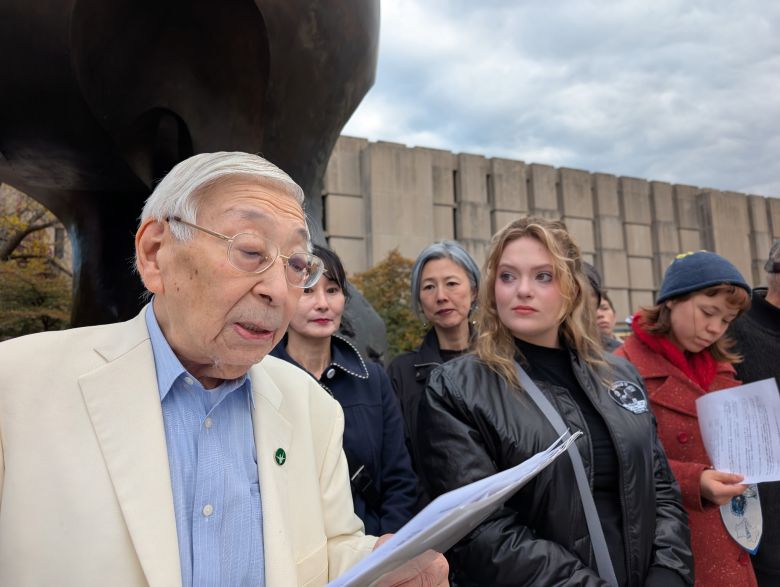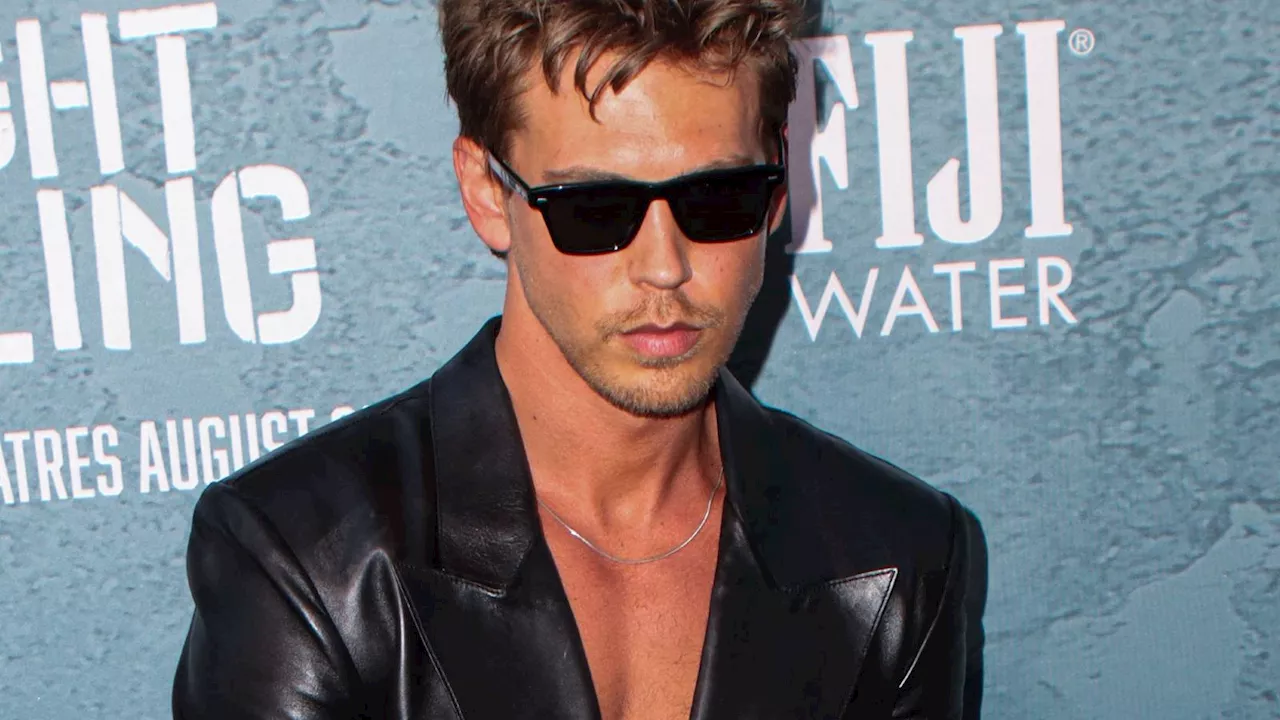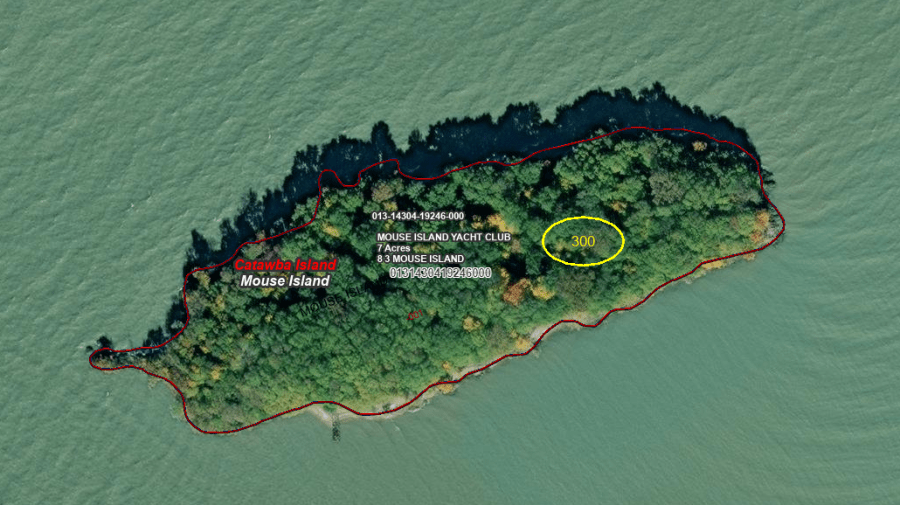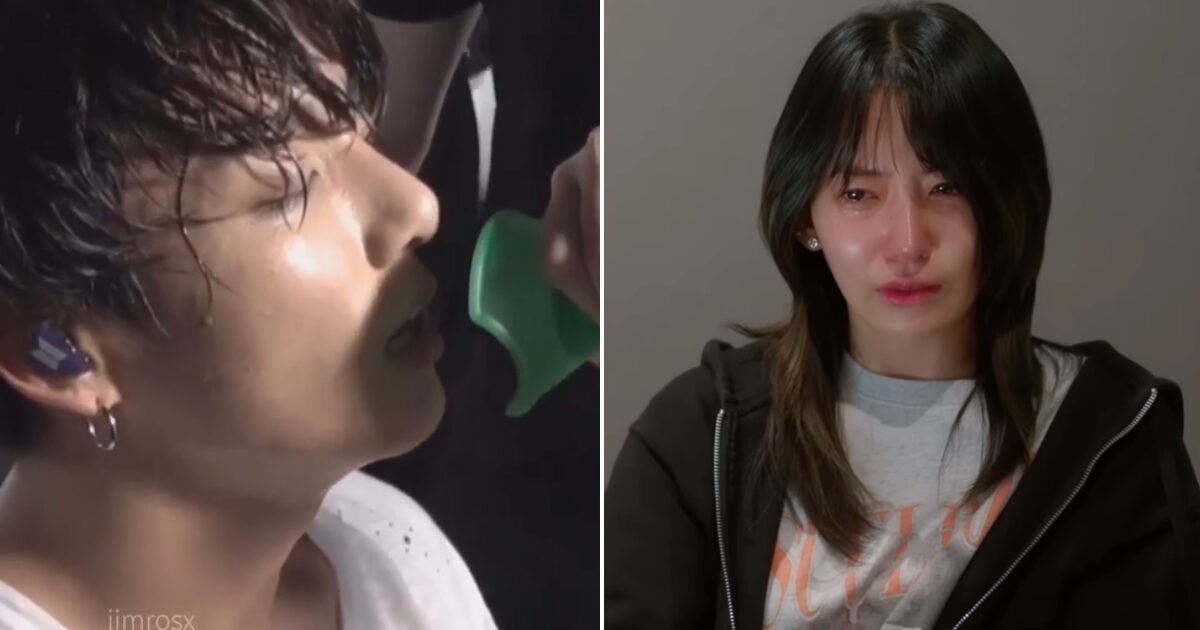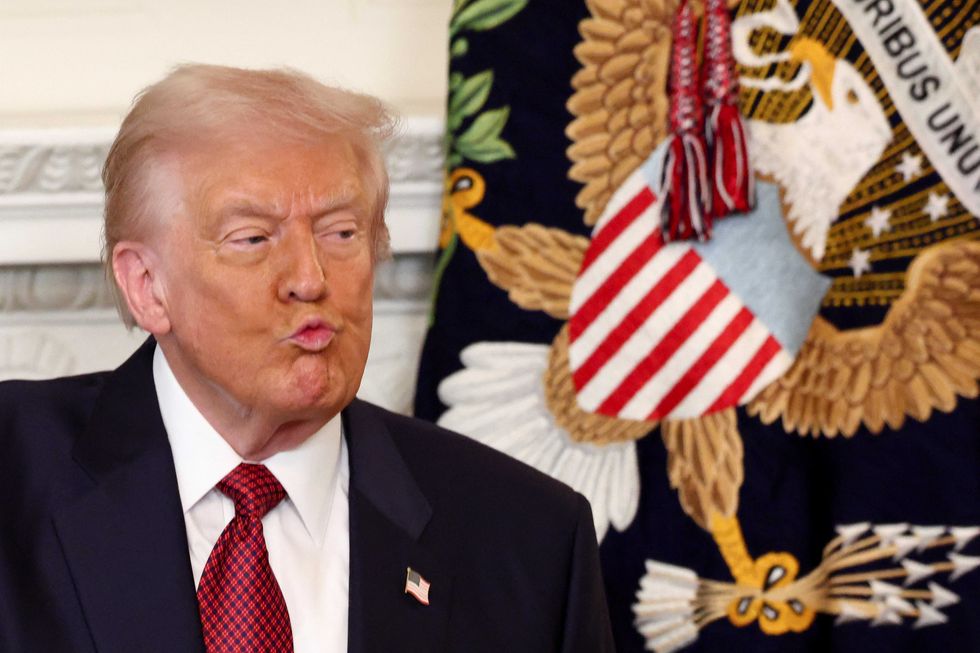BREAKING: Hiroshima survivor Satoshi Tanaka, 81, has issued an urgent plea for President Donald Trump to retract his recent announcement about potentially resuming U.S. nuclear weapons testing. This powerful call came during a visit to Chicago on November 1, 2025, where Tanaka stood before the Nuclear Energy monument at the University of Chicago.
Gathering a small crowd of about 18 people, including professors and anti-nuclear activists, Tanaka condemned Trump’s statement made on his social media platform, Truth Social, which suggested the U.S. would begin nuclear tests due to other countries’ testing programs. “This is an outrageously reckless act,” Tanaka stated through translator and University Professor Emerita Norma Field.
The call to action comes at a critical time, as the Doomsday Clock now stands at 89 seconds to midnight, emphasizing the immediate threat posed by nuclear weapons. Tanaka’s message aligns with increasing concerns about the potential for global conflict as tensions rise. “We have to take on this sense of crisis,” he urged, highlighting the urgency of achieving a world without nuclear arms.
Tanaka, a member of the Hibakusha, the group of atomic bomb survivors, has battled six types of cancer likely linked to his early exposure to radiation. He vividly recalled the day of the bombing when his mother carried him through the devastated city of Hiroshima in search of family. “The bomb killed four in our family immediately,” he said, with the trauma shaping his life and mission for peace.
Trump’s announcement and its implications have drawn sharp responses internationally, with Russian President Vladimir Putin warning of retaliation should the U.S. proceed with nuclear tests. “This could reignite Cold War tensions,” analysts warn, as fears of an arms race resurface.
Tanaka’s visit to Chicago is part of a speaking tour marking the 80th anniversaries of the bombings at Hiroshima and Nagasaki, as well as the Trinity test in New Mexico. He aims to educate younger generations about the implications of nuclear warfare and the lasting scars it leaves on humanity.
“What this ‘great invention’ did, like the human toll, is often forgotten,” said Yuki Miyamoto, director of DePaul University’s Humanities Center, who organized the event. Her personal connection to Hiroshima, where her mother experienced the bomb as a child, adds a poignant layer to Tanaka’s message. “It’s not just a distant past,” she stressed.
As the global discourse on nuclear weapons intensifies, Tanaka’s testimony serves as a chilling reminder of the need for disarmament. “There are people who say we maintain peace by having nuclear weapons,” he noted, challenging this narrative by highlighting the clock’s grim progression from seven minutes to 89 seconds to midnight since 1945.
Tanaka’s advocacy extends beyond nuclear armaments to include opposition to nuclear power, citing its dangers and the risks posed to communities, particularly minority groups affected by uranium mining. “What I’m opposing is nuclear civilization,” he reiterated, emphasizing a broader call for awareness and action.
The urgency of Tanaka’s message resonates profoundly in today’s geopolitical climate. As developments unfold, the world watches closely to see how leaders respond to the pressing issues of nuclear disarmament and global peace.

